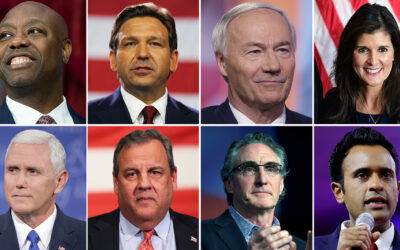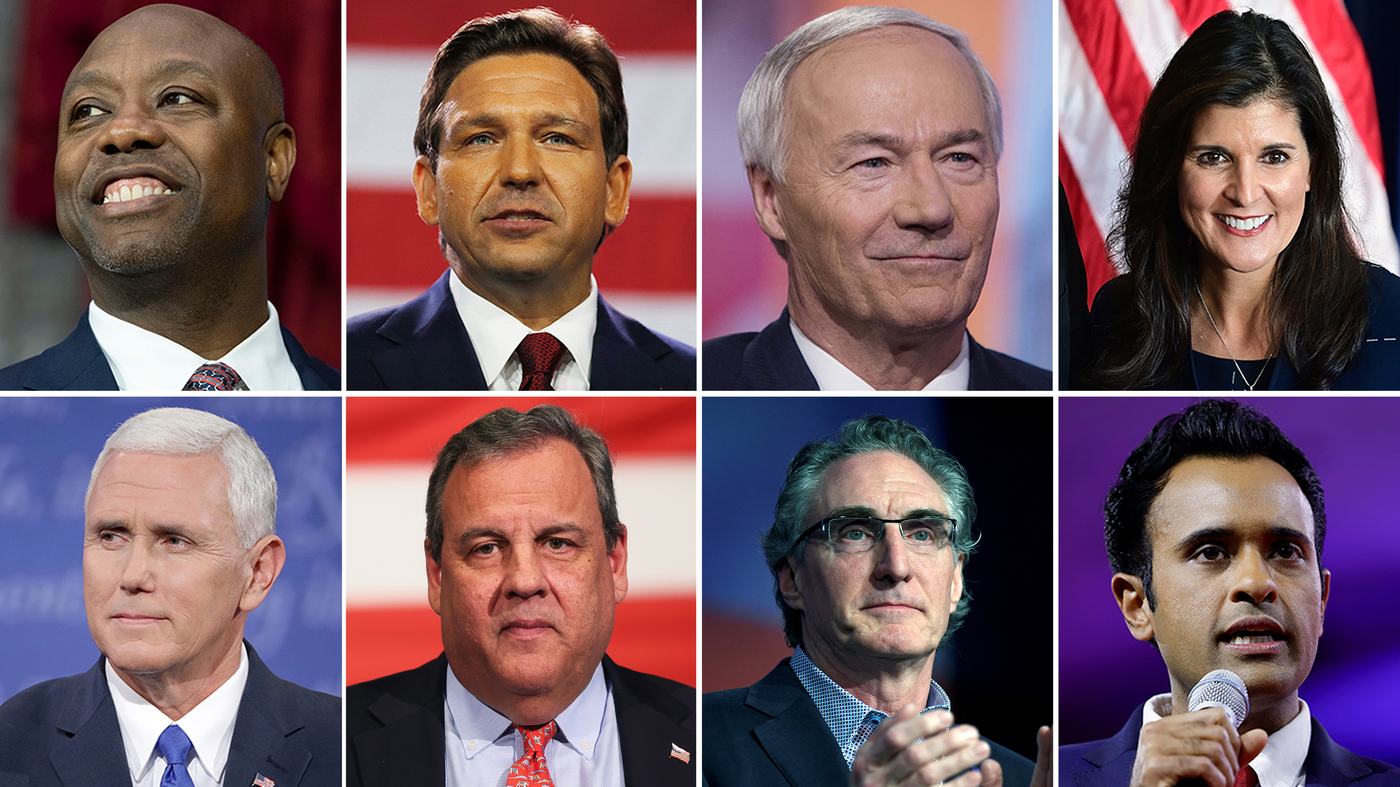North Korean Analyst Alerts to Impending Decline of Dollar Supremacy — Emphasizes BRICS as a Threat to US Hegemony

In an article titled “Expansion of BRICS is an inevitable result of the present unfair international economic order,” published by North Korea’s state media, the Korean Central News Agency (KCNA), international affairs analyst Jong Il Hyon highlights the growing concern surrounding the U.S.-led international monetary system, and how the BRICS nations pose a significant threat to U.S. hegemony.
Challenging the Unfair International Economic Order
Jong Il Hyon emphasizes that the increasing number of countries joining the BRICS bloc stems from their dissatisfaction with the existing international economic order, which they perceive as unfair and unreasonable. He points out that this order revolves around the U.S.-led international monetary system, which heavily relies on the dominance of the U.S. dollar.
The Origins of Dollar Supremacy
The analyst provides historical context, explaining that following World War II, the United States, having accumulated significant wealth, established the Bretton Woods system in July 1944, making the dollar the international standard currency. However, Jong Il Hyon contends that the U.S. subsequently exploited its position of dominance, utilizing the dollar as a tool to pursue political objectives while reaping benefits from currency minting. He asserts that the international monetary system built upon the dollar, along with military might, became the pillars of U.S. global dominance.
The Evolution of Dollar Dominance
Jong Il Hyon delves into the various stages of dollar dominance throughout history, starting with the gold dollar in the 1940s, followed by the oil dollar in the 1970s, and now the debt dollar. He emphasizes that the U.S. has consistently employed every available means to maintain the supremacy of the dollar as the key currency. Furthermore, he highlights the U.S.’s willingness to impose financial sanctions on countries that oppose its interests by exploiting the dollar’s dominant position. Jong Il Hyon cites the example of the financial sanctions imposed on Russia after its invasion of Ukraine.
De-Dollarization and the BRICS
The North Korean analyst underscores the global trend of reducing reliance on the U.S. dollar and the increasing adoption of national currencies in international trade by various countries, including the BRICS nations and members of the Association of Southeast Asian Nations (ASEAN). Notably, the BRICS nations have proposed the establishment of a common currency, a topic expected to be discussed during their upcoming leaders’ summit. According to Jong Il Hyon, this growing de-dollarization trend demonstrates that the U.S., in its pursuit of global dominance, has unintentionally accelerated efforts to abandon the dollar, leading to the creation of a new monetary system and enticing numerous countries to align with the BRICS, This is the Latest News. He argues that the U.S.’s own actions, such as sanctions and pressure, are now backfiring and undermining its position.
BRICS and the Shifting International Order
Jong Il Hyon highlights the recent agreement among BRICS member states to promote the use of national currencies for trade settlement within the bloc and with their allies. He asserts that the BRICS economic bloc is steadily increasing its political influence on the international stage, challenging the existing international order and financial system led by the U.S. and the West. He concludes by stating that the unprecedented global efforts to reduce reliance on the dollar and the growing interest in joining the BRICS are accelerating the decline of the dollar as a key currency and the eventual end of U.S. hegemony.
In conclusion, the article sheds light on the concerns raised by a North Korean analyst regarding the potential decline of dollar supremacy and the growing influence of the BRICS nations. By examining the history of dollar dominance and the global de-dollarization trend, the analyst emphasizes the BRICS bloc’s role as a significant challenge to the existing international order led by the United States. As de-dollarization efforts continue and more countries explore alternative currencies, the future of the U.S. dollar as the dominant global currency remains uncertain, potentially leading to a shift in global economic and geopolitical dynamics.











